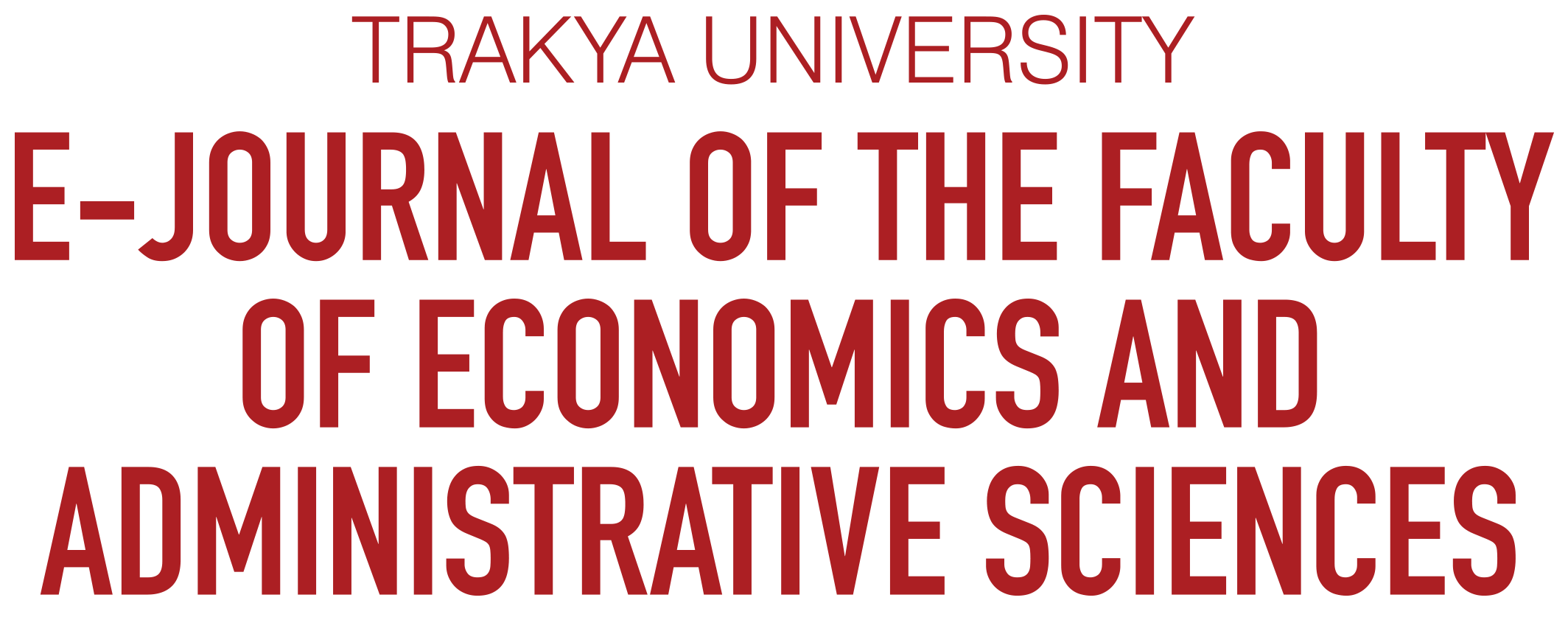Abstract
One of the stages that existed during the history of humanity is the organized city states that emerged with the transition to agricultural society. In the next stage, we see the emergence of central kingdoms. The most important sources of income of both the city states and the central kingdoms weretaxes.
In this context, with the emergence of Islam and then turned into a state in Medina, Hz. Muhammed’semphasis on tax policies and the transfer of a significant part of the collected taxes (such as zakat) to the poor has been the main motto as pointed out in the Qur’an and Hadith. The administrators who follow the Prophet Mohammad have established fiscal policies that can meet the needs of the day in accordance with his practices. Taxes form the basis of fiscal policies. It is possible to expressthe basic taxes of Islamare primarily zakat for Muslims; for non – Muslim citizens as tribute and jizye.
In this study, in the frame work of Islamic law, the issue of tax in the Islamic states, especially the application of Medina, is discussed.



